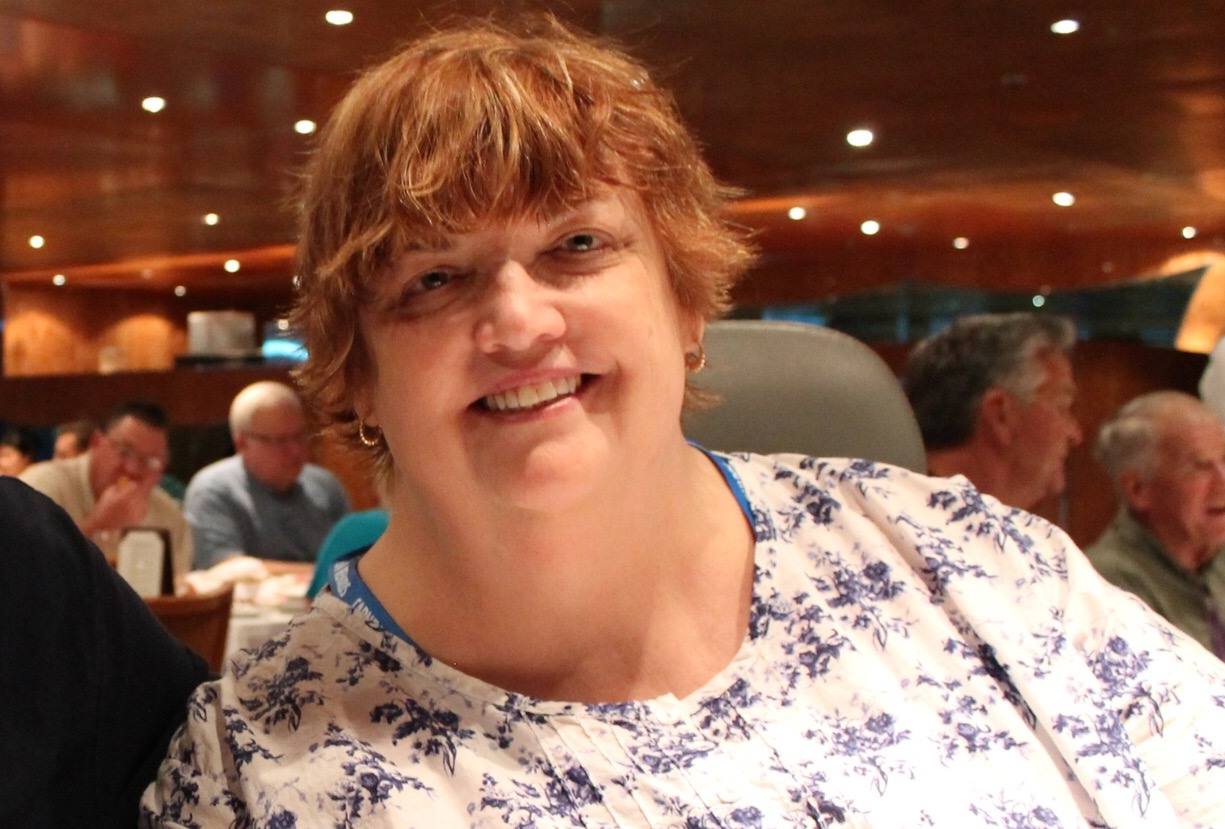[I wrote the following essay sometime last year, well before Covid 19 changed all of our lives. I haven’t been able to visit any eldercare facilities and sing with my sweet dementia friends in over six months. And the whole idea of being sick, and especially, being healthy, has taken on a much deeper meaning for me. But I decided to post this anyway if only to give myself a look back at the good old days when sentiments like mine could perhaps seem novel and vaguely humorous. So with apologies to anyone who may be offended, I offer my pre-pandemic musings.]
I love being sick. There. I said it. Now, let me immediately qualify that by saying I’m not talking about being “sick” sick. I have nothing but compassion for people who are really, truly sick with painful, debilitating, scary, and life- or quality of life-threatening illnesses. And I’m enormously grateful that I’m not – and never have been – that kind of sick. I’m talking about this cold I have right now.
It’s just a cold. But it’s a bad cold. The worst in my admittedly failing memory. I’ve been sneezing, blowing, and coughing up all kinds of yukky stuff. My head hurts, I ache, I’m weak and I just generally feel like crap. And I love it.
I have loved being sick – and again I stress, not really sick – since I was a child. And small wonder. Being sick in our house was kind of like being a rock star! You got to lie around, watch TV during the day, eat in bed – granted not everything you wanted, but who doesn’t love chicken noodle soup and saltine crackers served on a tray? But the two best things about being sick back then were that you got lots of attention and you didn’t have to go to school.
And those are still the two best things. All I have to do is answer the phone or call someone and the first thing I hear is, “You sound terrible. Are you sick???” To which I can bravely reply, “Oh, yeah. I have a bad cold, but it’s no big deal. I sound worse than I feel.” Of course, they don’t buy that for a minute! Of course, I feel awful. And even if I sound worse than I feel, they just said I sound terrible, so I must feel pretty darn bad! Plus, I get points for being tough and not being a whiner. It’s a no-lose situation.
And then there’s the no-school part. As it happens, my job is singing to dementia patients in nursing homes. So there is no way I could go to work. I mean, first of all, when you have a cold, your throat and vocal cords are all inflamed and out of whack, so it’s hard to talk, much less sing on key. And then, no person of good conscience would waltz into a nursing home full of very old and vulnerable people carrying the kind of germs that are an inconvenience for people like me but could be life-threatening for the dear residents I spend time with. So not going to work isn’t just a wise precaution, it’s a genuine act of love and compassion.
Again, don’t get me wrong. I love my job! Getting to sing and have very personal, intimate interactions with people who are in the most difficult and defenseless time of their lives is precious and I wouldn’t trade it for anything. But still, a job is a job. And having a really good and – some might say, honorable – reason for not going to work is kind of a gift.
But besides getting attention and getting to lie around the house guilt-free, there’s another reason. And this is the one that is the most difficult to admit because it could sound like a slap in the face to those aforementioned really, truly sick people: I like the way being sick feels.
I like the novelty of feeling out of my usual state. I like not sounding like myself. I even like the headaches and achy joints and coughing fits. Of course, this is largely because I know it will pass and I’ll get my old healthy body back in a week or so.
And maybe that’s why I enjoy it so much. Because it reminds me of the gift I’ve been given of a mostly-healthy, mostly-strong body that responds to my unthinking and unnoticed commands to breathe, sleep, speak or sing without missing a beat. I like being sick because I’m mostly not. And being sick allows me to appreciate – if only for a short time – the incredible gift of good health that I’ve been given.
But now if you’ll excuse me, I need to go blow my nose.

